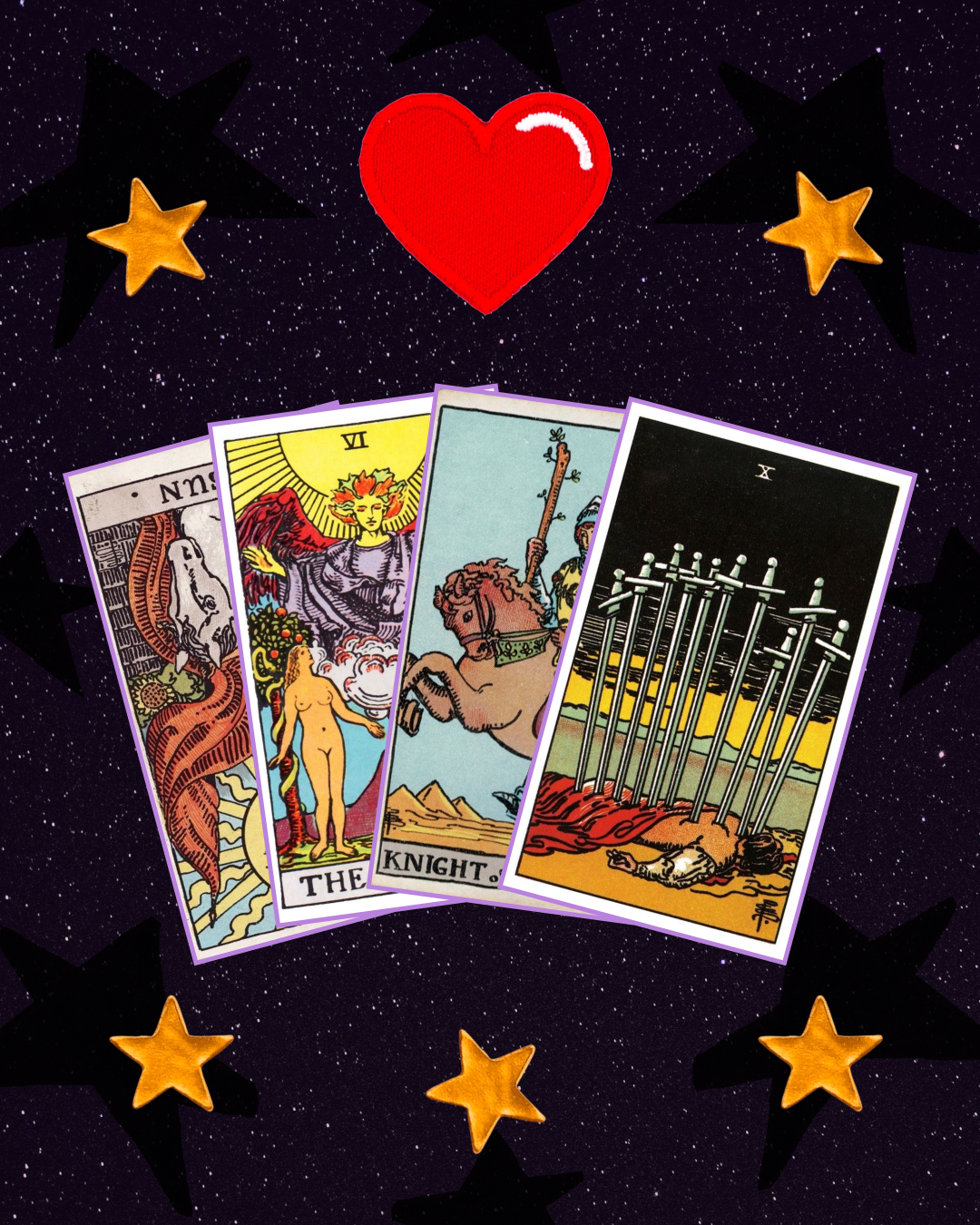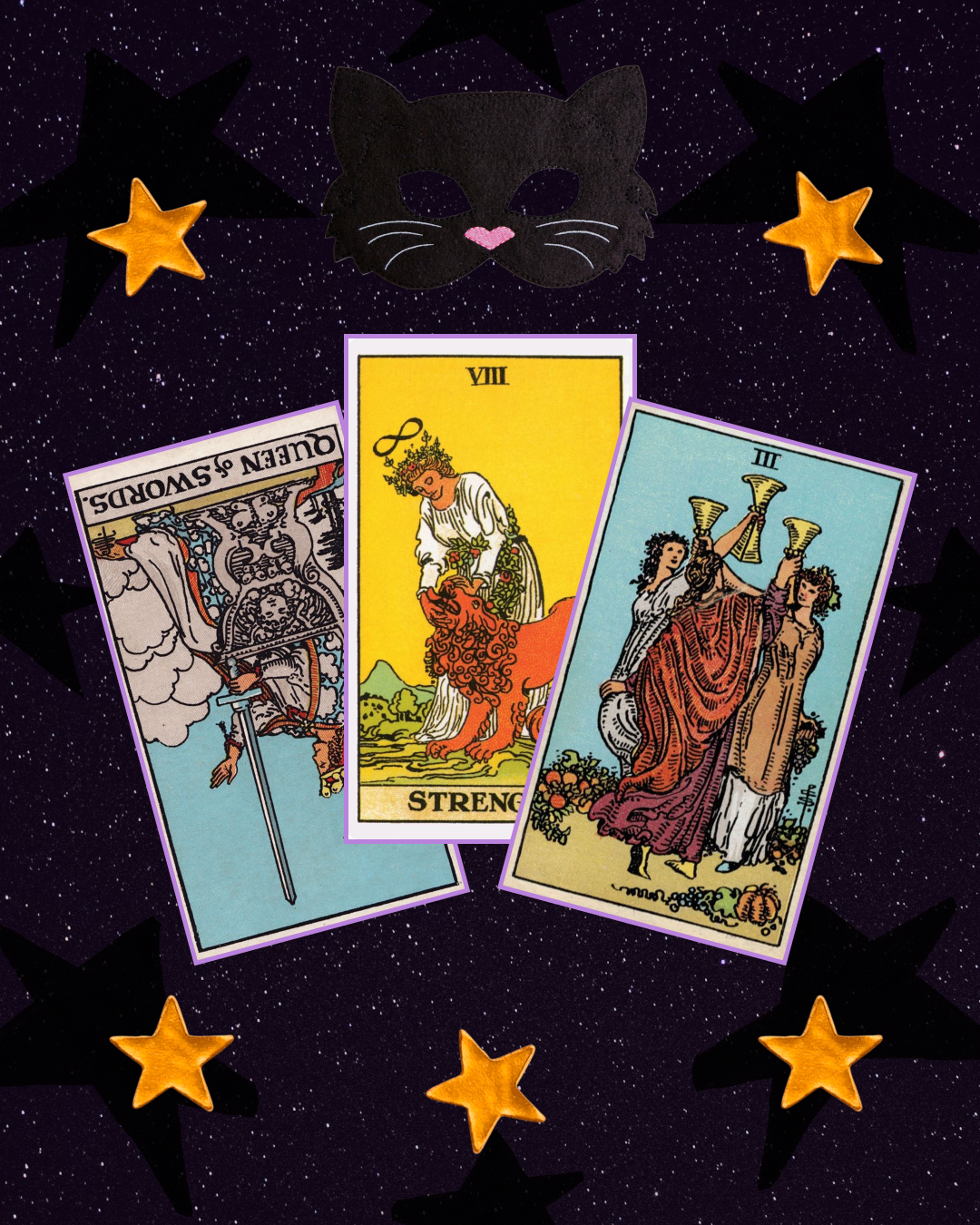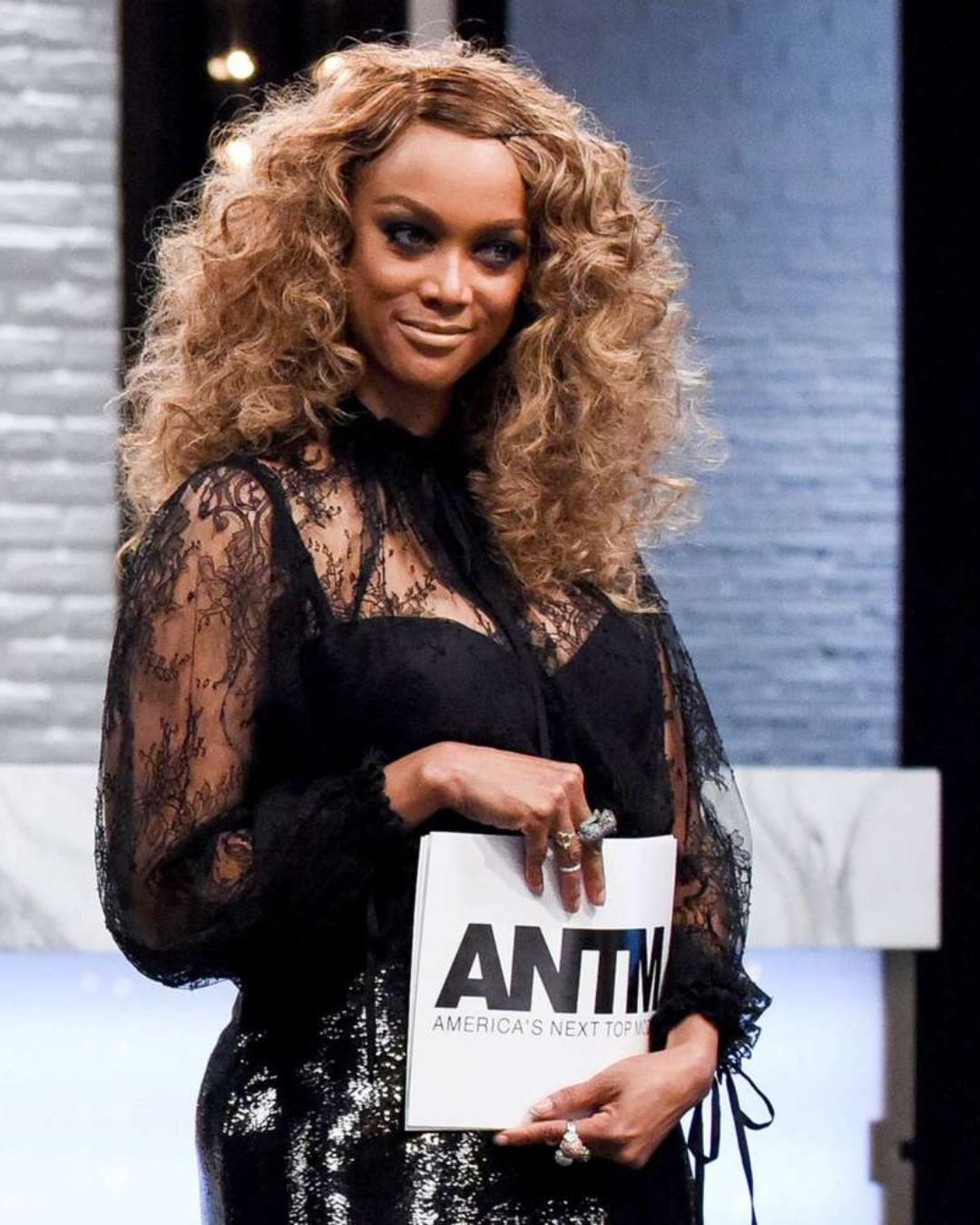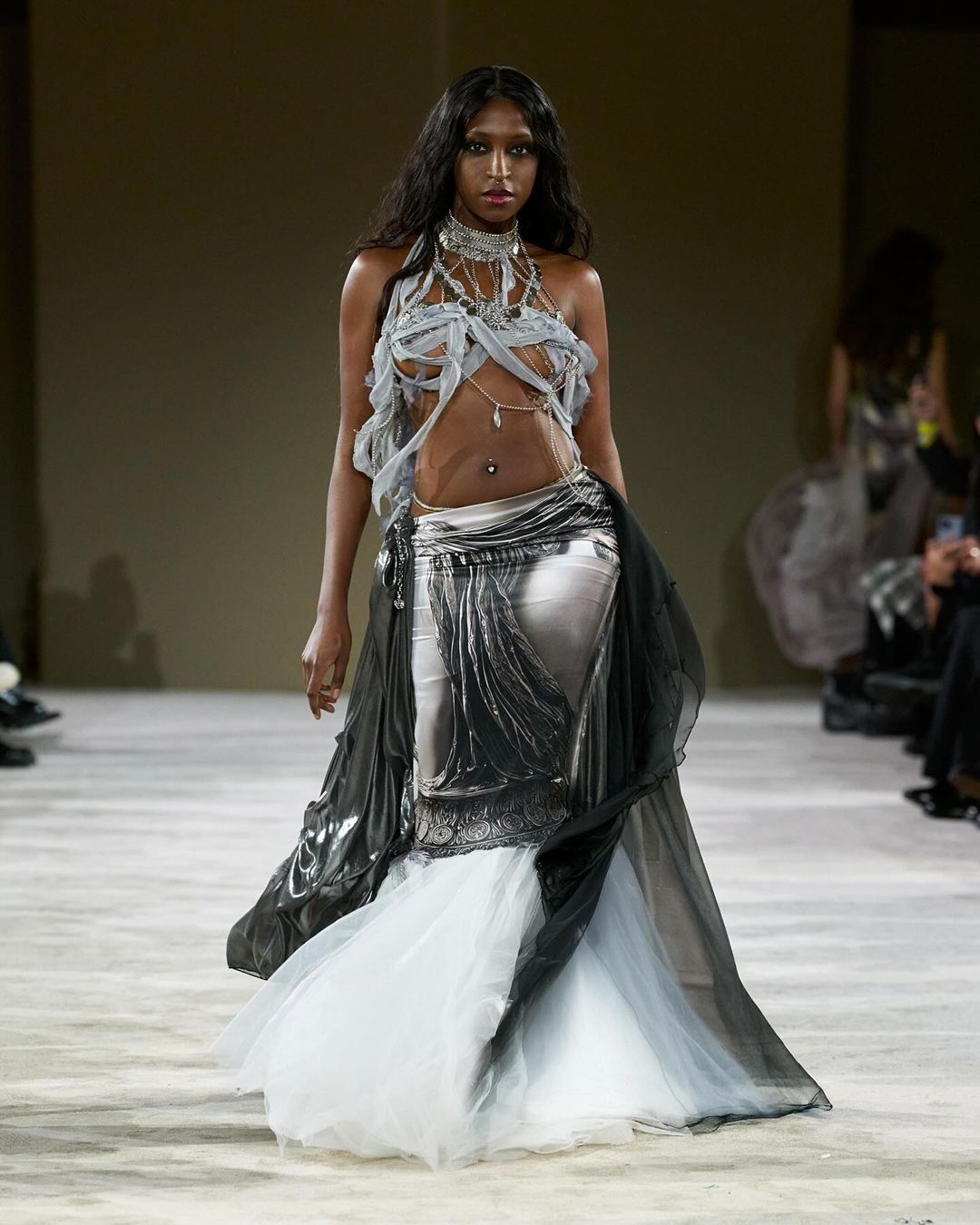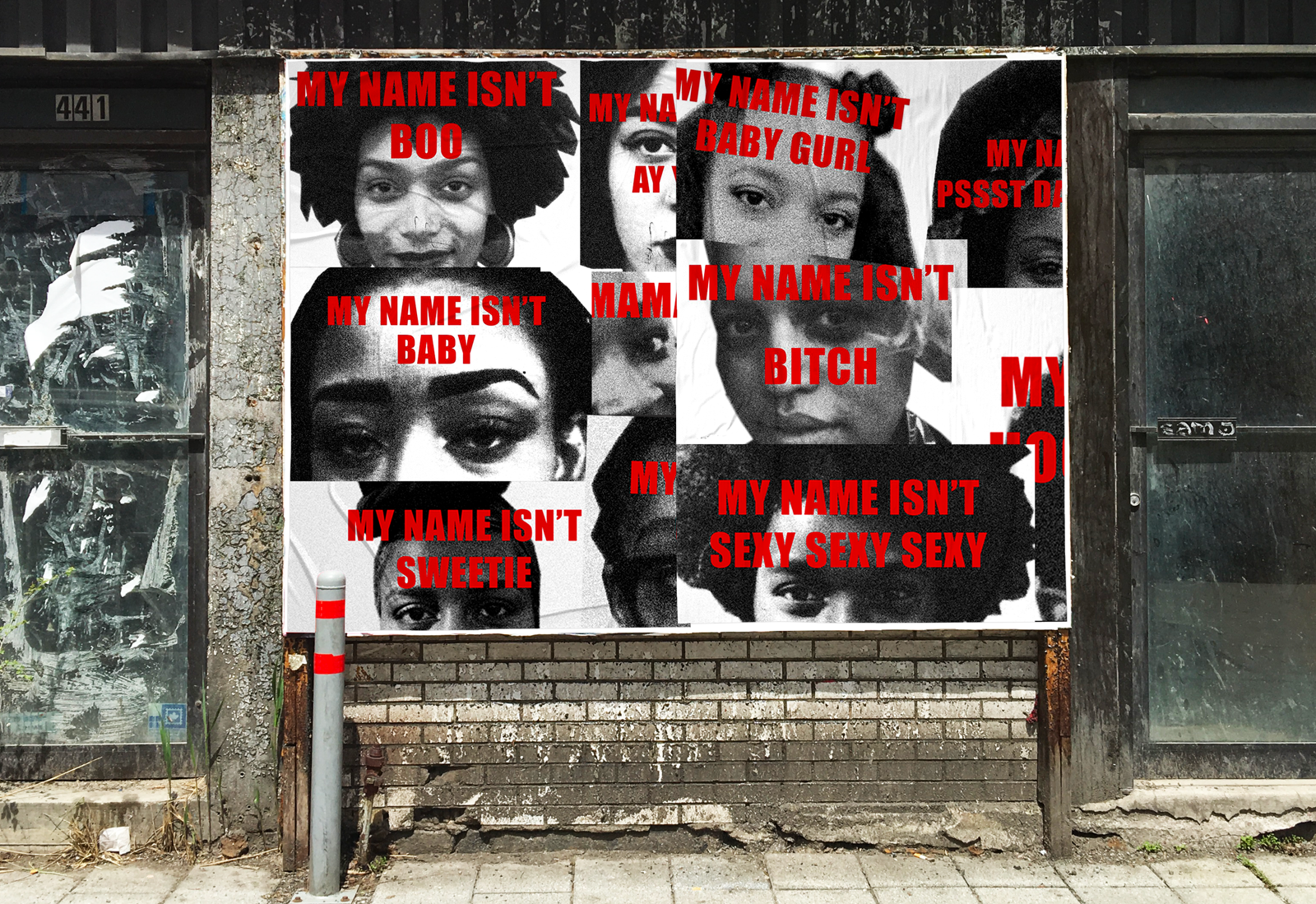
Catcalling and beyond: chronicle of a denied freedom The Routine of Fear
Waking up, getting out of bed, choosing an outfit. A trivial, everyday act. But for many women, every morning turns into a defense strategy. “How can I dress to avoid unwanted attention?”, “Is this top too revealing?”, “Better go with pants, maybe I’ll avoid the whistles.” These questions shouldn’t be part of anyone’s morning. And yet, they are. They are for millions of people socialized as women who, before even stepping outside, already have to engage in a form of preventive self-defense. The paradox? Men don’t ask themselves these questions. They go out, wear what makes them feel comfortable, have a coffee, go to work. No one judges them, no one follows them, no one whistles or comments on their body.
It’s not a compliment, it’s harassment
In our country, catcalling is still too often underestimated. Sometimes even defended. “Come on, it’s just a compliment.” No. Whistles, intrusive stares, shouted remarks from a passing car are not compliments: they are acts of domination, “small” (but constant) forms of everyday violence. And the fact that they are normalized, even justified by the myth of the “Italian Latin lover,” is part of the problem. A 2018 ISTAT study revealed that over 60% of Italian women aged 14 to 65 have experienced verbal or physical harassment in public places. According to Plan International, 58% of girls in Italy change their route or schedule out of fear of being harassed. 40% feel unsafe even just walking down the street.
Dressing to disappear
Over time, my wardrobe has changed. Skirts have disappeared, so have bright colors. I started wearing loose, neutral clothes, almost as if trying to become invisible. But did it help? No. Because the problem isn’t the clothes. It’s not the way we walk, talk, smile, or move. The problem is how some men have been taught to think of the female body as something to comment on, possess, or invade. So the question should no longer be: “How can I avoid catcalling?”, but rather: “Why does anyone still feel entitled to do it?”
Answering is a political act
At some point, I stopped lowering my head. I started responding. With a cold stare, with a “that’s disgusting,” with a “can I help you?” or, when necessary, with a well-placed middle finger. It doesn’t always work, and not everyone feels like doing it, and that’s perfectly fine. But when it happens, those sidewalk lions who a second earlier felt like kings of the scene, are left speechless. The power shifts. And maybe, next time, they’ll think twice.
From anger to fear
Today I can talk about it in a calmer tone, but it wasn’t always like this. There were times when the very idea of going out alone gave me anxiety. I didn’t want to be looked at. I even avoided public spaces, I preferred staying locked inside. It wasn’t just discomfort: it was fear. A kind of paranoia that takes away your breath, and your freedom. According to a study by the European Parliament, one in two women in Europe has experienced sexual harassment in public spaces, and many report suffering its psychological impact for years. Because catcalling isn’t a joke: it’s a reminder that, out there, you might not be safe.
We need education, not silence
We are not the ones who need to change, cover up, or protect ourselves. It’s the culture of possession and toxic masculinity that must be dismantled. And to do that, we need education. It’s not enough to say “don’t be an idiot on the street,” we need to teach consent, respect, and empathy. We need to explain that other people’s bodies are never public property. That everyone has the right to live in shared spaces peacefully. Sexual and emotional education in schools, for example, is not an ideological whim. It’s a form of prevention, an investment in a future where no one feels legitimized to whistle, shout, or invade. Because respect must be built. And silence, instead, destroys it. For all of us.








